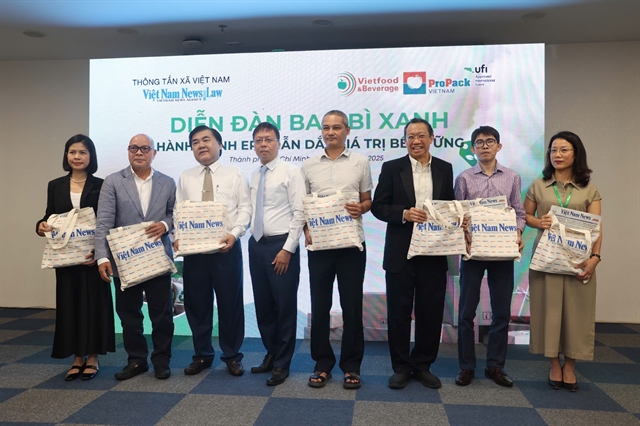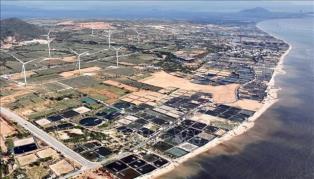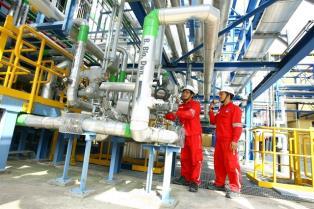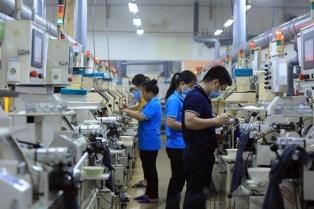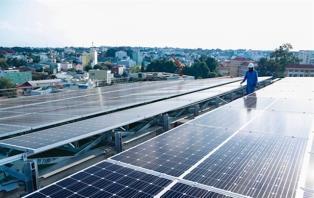From compliance to catalyst: Can Việt Nam’s EPR law spark a packaging revolution?
From 2025, Việt Nam’s Extended Producer Responsibility (EPR) law will require businesses to recycle or pay for the treatment of post-consumer packaging. Hailed as a landmark for sustainable development, the law faces hurdles, from unclear definitions and weak infrastructure to disputes over cost-sharing. Bồ Xuân Hiệp reports.
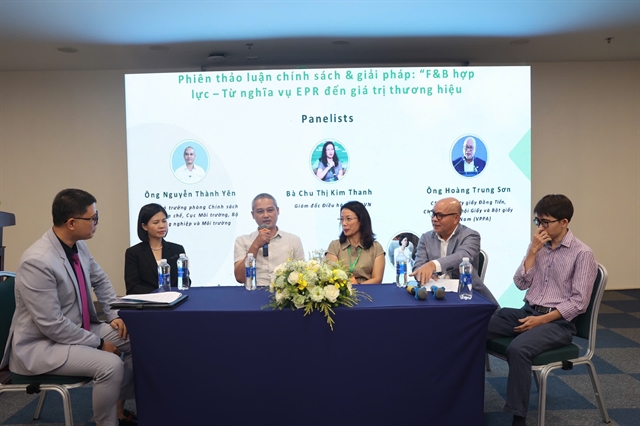
Bồ Xuân Hiệp
HCM CITY — Under the bright stage lights of the Green Packaging Forum 2025 last Friday, a panelist held up a crinkled plastic bottle before a packed audience of Government officials, industry leaders and sustainability advocates.
“From 2025, this becomes your responsibility,” he told producers, signaling a shift in Việt Nam’s waste management rules — every piece of packaging they put on the market will soon need to be collected, recycled, or paid for under the EPR law.
Larry Lee, deputy general director of Strategic Assets & Sustainability at SABECO, urged businesses to see the law not as a burden but an opportunity.
“EPR is not the finish line, it’s the starting line,” Lee said. “If we approach it as a strategy, not just compliance, we can create systems that are more efficient, more meaningful, and better for business.”
That vision, transforming legal compliance into a catalyst for innovation, was the focus of the forum, co-organised by Việt Nam News and Law and Vinexad, drawing more than 100 delegates from ministries, multinational corporations, recyclers, academia, and NGOs.
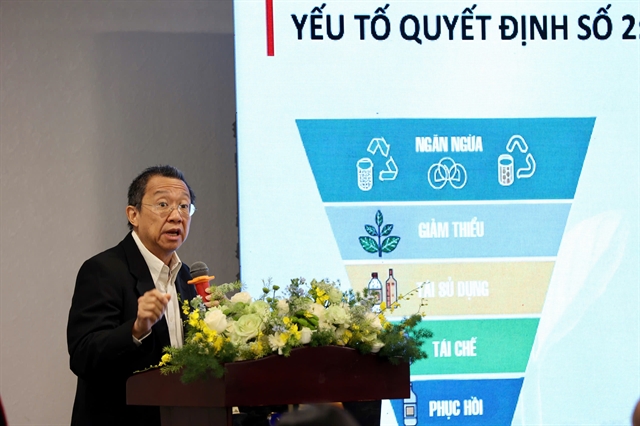
Legal shift with high ambitions
Việt Nam is among the first Southeast Asian nations to make EPR legally binding, aligning with global sustainability trends and investor expectations.
Introduced in the 2020 Environmental Protection Law, the framework shifts waste management costs from taxpayers to producers and importers.
From January 1, 2025, companies selling packaged goods must meet mandatory recycling quotas, either by running their own collection and recycling systems or paying into a national recycling fund managed by the Ministry of Agriculture and Environment.
Nguyễn Quốc Tuấn, director of the Vietnam News Agency’s Southern Information Centre, said EPR is “essential to drive circular economy models and environmental protection in today’s ESG-focused landscape.”
Nguyễn Thành Yên, deputy head of the ministry’s Legal Issues and Policies Division, confirmed a new decree is being drafted to address unclear definitions and enforcement gaps.
“EPR is not just a regulatory mandate, it’s a strategic opportunity for Vietnamese companies to strengthen brands, innovate, and meet global sustainability standards,” Yên said.
Packaging: both the problem and the opportunity
Plastic bottles, food wrappers and other single-use packaging make up the bulk of Việt Nam’s waste.
Nguyễn Minh, Editor-in-Chief of Việt Nam News and Law, said circular economy thinking must go beyond recycling.
“It’s about rethinking how we produce, consume and build resilience in a resource-constrained world.”
Bùi Lê Thanh Khiết, head of the Plastic Circular Unit at the Institute for Circular Economy Development, urged the creation of sector-specific EPR councils, stronger public awareness campaigns, and tougher enforcement.
Chu Thị Kim Thanh, COO of the Packaging Recycling Organisation Vietnam (PRO Vietnam), noted that some producers are already piloting collection models with recyclers and retailers to keep more packaging in domestic recycling loops.
Huỳnh Thị Mỹ, vice chair and secretary-general of the Việt Nam Plastics Association, warned that without investment in modern recycling technology, “much collected plastic could still end up exported or discarded.”
For SMEs, the cost remains a major barrier. Phạm Thị Bích Phượng, sales director at Sao Khuê Food, said transitional support and shared infrastructure could ease the shift.
Role of forums, media
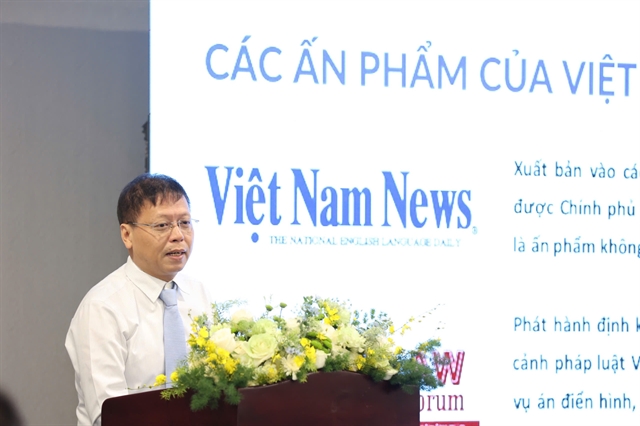
Speakers agreed that platforms such as the Green Packaging Forum play a crucial role in connecting policymakers, businesses, and communities to address policy gaps and share solutions.
Nguyễn Minh emphasised the media’s role in driving the conversation.
“Việt Nam News and Law has led national coverage on renewable energy, green finance, ESG communication and circular economy models,” he said.
“Through initiatives like the ESG Media Index, green reports and enterprise training, we connect policy, enterprise, and community.”
Founded in 1991 and merged in 2025 with Vietnam Law & Legal Forum, Việt Nam News and Law is the national English-language publication of the Vietnam News Agency.
The road ahead
Countries like South Korea and Japan, with decades of EPR experience, offer lessons in clear definitions, robust data systems and strong enforcement.
But Việt Nam must adapt these models to its fragmented waste management system and inconsistent consumer recycling habits.
The ministry will issue detailed guidance later this year, including standardised recycling rates and digital compliance tracking.
Larry Lee’s closing words lingered as delegates left the forum: “EPR is the starting line. The real race is building systems that make recycling the default, not the exception.” — VNS
